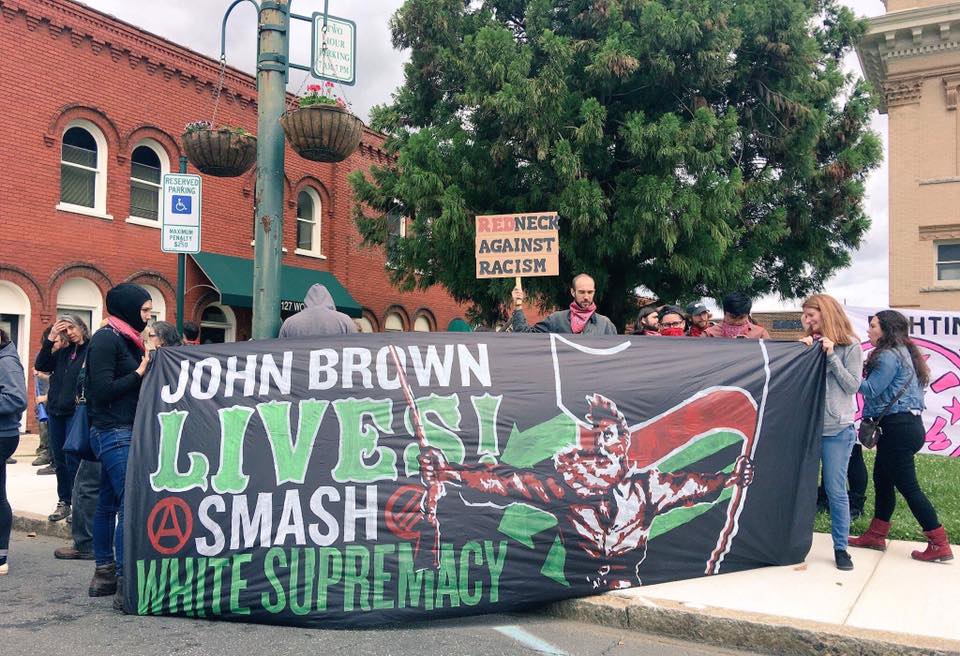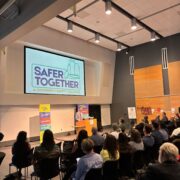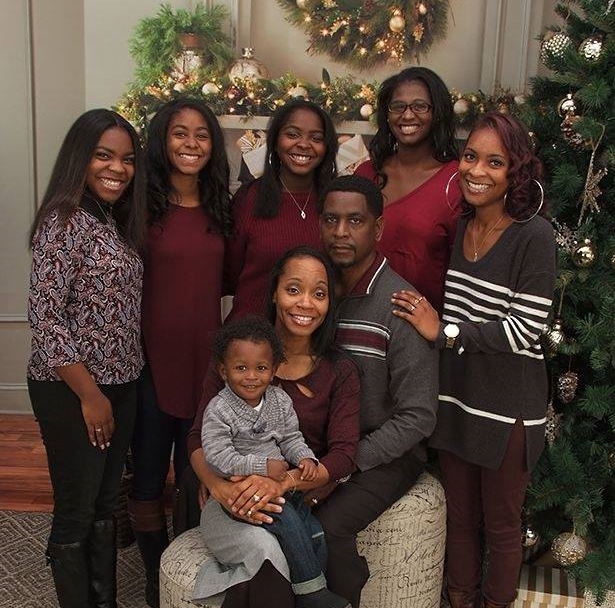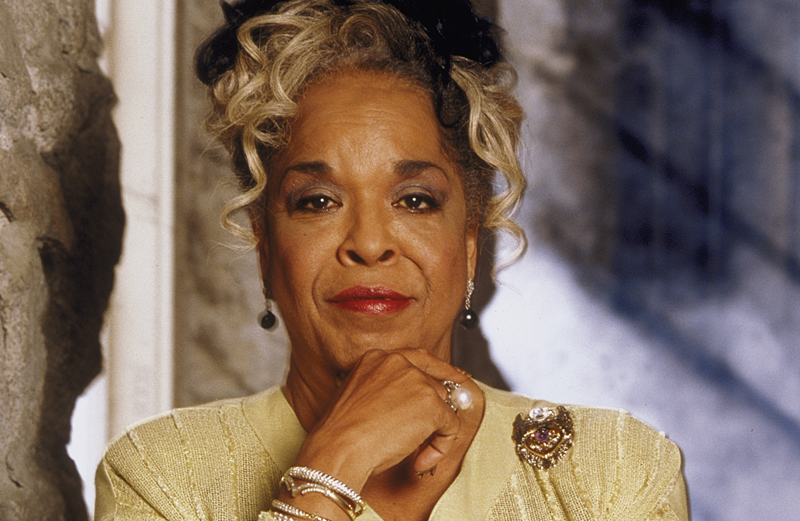
Last year, following the presidential election, I wrote a column suggesting that people who identify as White consider working in their own families and communities to address the racism and bigotry that helped to put Donald Trump in office. I asked what if the well-intentioned White allies who have moved to urban centers to “help” communities of color had instead remained in their own communities—however racially regressive and intolerable—and worked to make them better at engaging in race relations.
I later discussed two communities doing this kind of work. In Maine, a Truth & Reconciliation Commission investigated how generations of Native children had been taken from their homes, against the wishes of their families, and placed in foster care with White families. From that process came the organization Maine Wabanaki REACH, a cross-cultural group that worked to implement suggestions that came out of the commission to help heal that community. And the Truth-Telling Project, founded in Ferguson, Missouri, following the police-killing of Michael Brown, is not only working within its community to address police violence enacted on the mostly Black community, but also with White communities in other states. The TTP is helping them with their approach to truth-telling in their local areas, and unlearning racism.
My thinking is this: Our best hope for changing deep-rooted attitudes that perpetuate racism and White supremacy is for people from similar backgrounds to work together toward that end. Conversations between people with shared life experiences could perhaps more effectively change minds and, ultimately, behaviors. This is a strategy of Redneck Revolt.
The self-described anti-capitalist, anti-racist, anti-fascist group was founded in the summer of 2016 to challenge working-class White people to stand against White supremacy.
In an open letter called “To Other Working Americans,” Redneck Revolt put out a call for its fellow working-class rural White people to “reject the idea of whiteness.” That is, they wrote, “to reject the idea that our allegiance is somehow determined by what skin we have, even when our real living situations are so different.”
Media and some progressives want to lay blame for the Trump presidency at the feet of working-class White people, yet it is this demographic that makes up Redneck Revolt. The organization recruits working-class and poor Whites in rural areas—the target of far-right and White nationalist groups.
This is intentional.
They are rural White people challenging other rural White people to connect to their local communities so that they can build the kind of relationships that defend each other against the divisions caused by right-wing politics. They do this by sharing the history of struggle experienced by all working-class Americans and immigrants: people of color, White people, and LGBTQ communities.
“Race affects us all differently,” co-founder Tyler said in a Redneck Revolt podcast, “but what unites us is our shared struggle to survive—the working-class folks, poor folks.
“And there are people who systematically benefit from our struggle.”
To be clear, that’s the wealthy.
With about 40 chapters nationwide, Redneck Revolt members can be found “counter recruiting” at gun shows, country music concerts, and White nationalist/Ku Klux Klan demonstrations around the country.
Modeled after the Rainbow Coalition, the group builds alliances with non-White organizations. It’s not uncommon to see them show up at a Black Lives Matter protest in support of that movement’s efforts.
Redneck Revolt’s immediate work is organizing White working-class people to attend to the needs of their local communities. This includes food programs, community gardens, clothing programs, and needle exchanges (in addition to their armed self-defense programs, which comes from the organization’s roots in the John Brown Gun Club). All this organizing is done as a coalition with organizations of color.
This is what it looks like when White folks exercise self-determination in their own communities—naming for themselves who are their allies, what is their real enemy, what needs to be done to heal and build community on all sides of the color line.
Getting more serious about that sort of work is Scalawag Magazine, which on Nov. 2 announced an in-depth reporting initiative on how Southerners are challenging White supremacy. In a recent New York Times article, Alysia Nicole Harris, the editor of Scalawag, said: “Ultimately, we believe that the South is going to be the voice that emerges to lead this conversation about trauma and healing, because here is where the trauma was the thickest.”
This is hopeful news. For decades, Whites have worked alongside communities of color for civil rights. It is reassuring to know there are White allies bold enough to hold their own people accountable to disrupt racism and White supremacy.
Zenobia Jeffries wrote this article for YES! Magazine. Zenobia is the racial justice associate editor. Follow her on Twitter @ZenobiaJeffries.
Taken from the about us tab www.redneckrevolt.org
The concept of community is very important to our goals and intentions, because it separates us from those who work only in defense of their immediate family, property, and possessions. We find that many movements that uphold the concept of liberty do so only in an individualist mindset, which undermines the idea that liberty is something that all people are entitled to.
We strongly believe that the concept of liberty can not truly exist on an individual level alone, and that any class, race, or state construct that enslaves and oppresses anyone among us is a threat to the liberty of all of us. With that in mind, we use the term “community” intentionally to describe those who share the same material conditions with us; our neighbors, our family members, our friends, the people working alongside us.
Most of us are only one bad emergency away from disaster; a sustained layoff, medical emergency, or death in the family could take away everything we’ve worked for. In those situations, the people we turn to for support often have as little as us, but understand better than anyone how tenuous and important our support network is. That is our community.
In the moments when white working people have looked beyond their skin color and have worked alongside movements of poor and working class people of all races, the power of the ruling elite has been the most directly threatened. It is when the working class has started to view itself in terms of class and racial solidarity that liberation has waited just around the corner.
White supremacy is a system that white working people have helped protect, but it is also used as a tool against all working people, with people of color impacted the most severely. Allegiance to a politics of white racism has only allowed the rich to continue to hold onto power, with no lifting effect to working class folks of any race.









